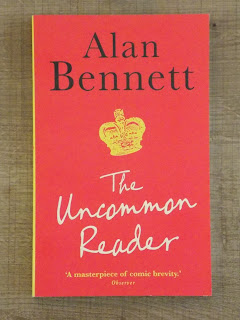Andrew Miller's Pure was shortlisted for the Walter Scott Prize for Historical Fiction. My copy has 376 pages and I bought it at the Fnac in Ghent.
“Deep in the heart of
Paris, its oldest cemetery is, by 1785, overflowing, tainting the very breath
of those who live nearby. Into their midst comes Jean-Baptiste Baratte, a
young, provincial engineer charged by the king with demolishing it.
At first Baratte sees this as a chance to clear the burden of history, a fitting task for a modern man of reason. But before long, he begins to suspect that the destruction of the cemetery might be a prelude to his own.”
At first Baratte sees this as a chance to clear the burden of history, a fitting task for a modern man of reason. But before long, he begins to suspect that the destruction of the cemetery might be a prelude to his own.”
The novel is set four years before the French revolution and it is a constant but subtle element in the story. The story doesn’t revolve around the upcoming revolution but it’s frequently hinted at which makes the story not overly political and still enjoyable.
Baratte is a symbol of change, of science and an enlightened new time, of forgetting about the past and starting fresh. In the background Paris is still dark, stuck in its old way of living and apprehensive of change. I really enjoyed this stark difference.
The novel is very absorbing; it’s one of those books you have to finish because you can’t stop reading. Miller is able to make you feel like you are in Paris. It’s almost like you’re there to witness every detail he writes about; from the smells, to wrinkly faces and decaying fruit. It’s dark and suspenseful, it’s creepy and bleak, vibrant and earthy, wonderful and unexpected.
It’s a great and unusual novel unlike anything I've read before. Miller writes beautifully and lingers on details without losing the main focus of the novel.
I loved it.
One thing though, Miller uses a lot of metaphors, and this made the novel difficult to read at times.
4 stars
Happy reading!
Helena




